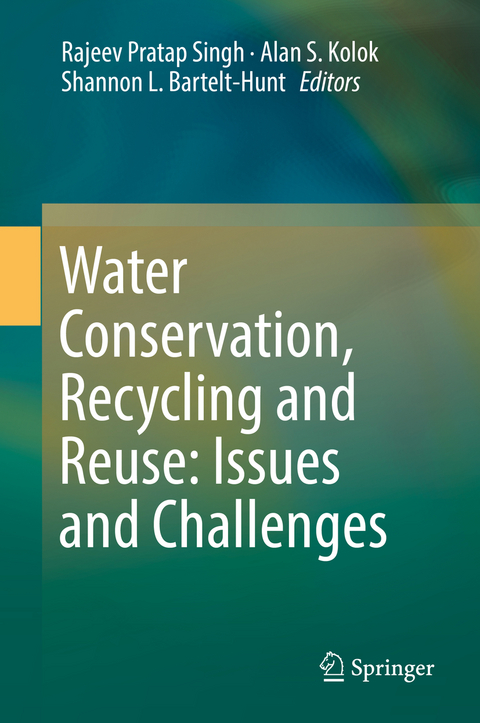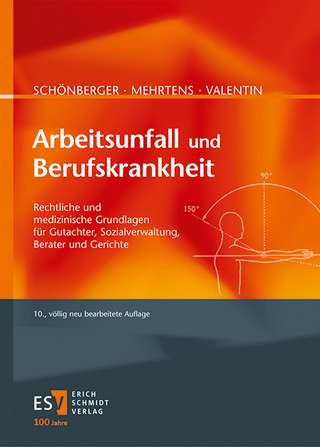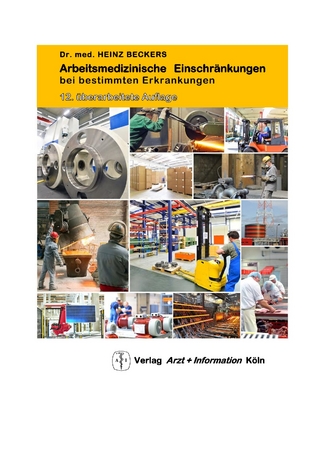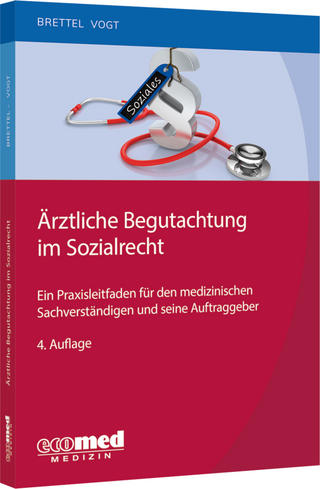
Water Conservation, Recycling and Reuse: Issues and Challenges
Springer Verlag, Singapore
978-981-13-3178-7 (ISBN)
Dr. Rajeev Pratap Singh is an Assistant Professor at the Institute of Environment and Sustainable Development (IESD), Banaras Hindu University (INDIA). He completed his Ph.D. at the same university. His main research interests include solid waste management, bio-composting, and green technologies. He has received several international awards, including the ‘Green Talent’ award from the Federal Ministry of Education and Research (BMBF), Germany; Prosper.Net Scopus Young Scientist award, DST Young Scientist Award etc. Dr. Singh is a member of reviewer and editorial team of several important scientific journals and has co-authored 4 books and more than 40 highly cited research and review articles on solid waste management. Dr Singh also received a Water Advanced Research and Innovation (WARI) Fellowship, DST, Govt. of India, IUSSTF, University of Nebraska-Lincoln (UNL) and the Robert Daugherty Water for Food Institute (DWFI). Alan Kolok is the Director of Idaho Water Resources Research Institute, University of Idaho, Moscow, USA. He received his PhD in 1991 from Department of Environmental, Population and Organismic Biology, University of Colorado, Boulder; his M.S. in 1981 from the Department of Fisheries and Oceanic Science, University of Washington Seattle; and his B.S. in 1978 from the Department of Zoology, Miami University, Oxford, Ohio. His research interests include land use and its impact on water quality and environmental health, gene expression in environmental sentinel organisms as indicators of exposure to toxic compounds; the role of sediment in the fate and transport of emerging contaminants; cancer incidence and its geographical relationship to watersheds; citizen scientist and its role in data acquisition. Shannon Bartlet-Hunt is a Professor of Civil Engineering at the University of Nebraska, Omaha. She is also Associate Dean of Graduate Studies. She completed her PhD in Civil Engineering (Environmental) at the University of Virginia in 2004. Her areas of research and professional interest include the physicochemical fate of contaminants in soil and water, contaminant fate and transport in landfills and water reuse in agricultural systems. She has been awarded several prestigious awards, such as the Student Impact Award: Outstanding Advisor (Engineers Without Borders), 2017; Grand Prize for University Research, American Academy of Environmental Engineers and Scientists, 2015; R. Vernon McBroom Engineering Leadership Fellow, 2014; Association of Environmental Engineering and Science Professors (AEESP), Distinguished Service Award, 2014; College of Engineering Faculty Research and Creative Activity Award, 2013; National Science Foundation CAREER award, 2012; McGraw-Hill/AEESP Award for Outstanding Teaching in Environmental Science and Engineering, 2011.
Chapter 1. Occurrence and Health Impacts of Emerging Contaminants in Municipal Wastewater Reuse.- Chapter 2. Promises and Challenges of Growing Microalgae in Wastewater.- Chapter 3. Risk of Metal Contamination in Agriculture Crops by Reuse of Wastewater: An Ecological and Human Health Risk Perspectives.- Chapter 4. Biological Wastewater Treatment for Prevention of River Water Pollution and Reuse: Perspective and Challenges.- Chapter 5. Climate Change and Sustainable Management of The Rivers System with Special Reference to The Brahmaputra River.- Chapter 6. Effects of Climate Change on Reuse of Waste Water for Aquaculture Practices.- Chapter 7. Bio-Processes for Wastewater Reuse: Closed Loop System for Energy Options.- Chapter 8. Subsurface Processes Controlling Reuse Potential of Treated Waste Water Under Climate Change Conditions.- Chapter 9. Removal of Organic Pollutants from Industrial Wastewaters Treated by Membrane Techniques.- Chapter10. Assessing the Impacts of Temperature, Precipitation and Land Use Change on Open Water Bodies of Middle Ghaghara River Basin.- Chapter 11. Climate Change, Water and Wastewater Treatment: Interrelationship and Consequences.- Chapter 12. Treatment of Wastewater Using Vermifiltration Technology.- Chapter 13. Reuse of Wastewater in Agriculture.- Chapter 14. Application of The Ecological Network Analysis (ENA) Approach in Water Resource Management Research: Strengths, Weaknesses, And Future Research Directions.
| Erscheinungsdatum | 08.02.2019 |
|---|---|
| Zusatzinfo | 36 Illustrations, color; 44 Illustrations, black and white; XVIII, 276 p. 80 illus., 36 illus. in color. |
| Verlagsort | Singapore |
| Sprache | englisch |
| Maße | 155 x 235 mm |
| Themenwelt | Medizin / Pharmazie ► Medizinische Fachgebiete ► Arbeits- / Sozial- / Umweltmedizin |
| Naturwissenschaften ► Biologie ► Ökologie / Naturschutz | |
| Naturwissenschaften ► Geowissenschaften | |
| Technik ► Umwelttechnik / Biotechnologie | |
| Schlagworte | Enviornment management • Integrated Water Resource Management • Waste water treatment • Water Recycling • Water Reuse |
| ISBN-10 | 981-13-3178-2 / 9811331782 |
| ISBN-13 | 978-981-13-3178-7 / 9789811331787 |
| Zustand | Neuware |
| Haben Sie eine Frage zum Produkt? |
aus dem Bereich


